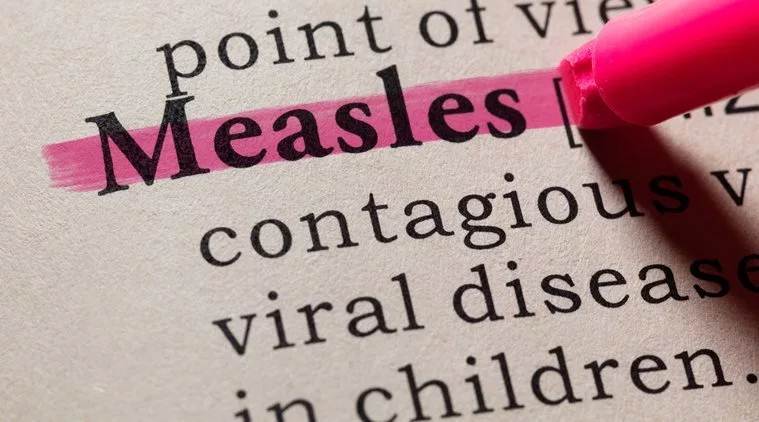The elimination of a disease means that there have been zero new cases of the disease in the last three years.

Sri Lanka has become the fifth country in the World Health Organisation (WHO) southeast Asia region to eliminate measles, interrupting the transmission of the indigenous virus that causes the killer childhood disease.
The elimination of a disease means that there have been zero new cases of the disease in the last three years.
Dr Poonam Khetrapal Singh, regional director WHO South-East Asia, announced Sri Lanka’s measles-free status at the South-East Asia Regional Immunisation Technical Advisory group meeting on Tuesday. “Sri Lanka’s achievement comes at a time when globally measles cases are increasing. The country’s success demonstrates its commitment, and the determination of its health workforce and parents to protect children against measles,” she said.
The other countries in the region which have achieved this feat are Bhutan, Maldives, DPR Korea and Timor-Leste.
Sri Lanka’s elimination of measles comes a year after it achieved rubella control. Rubella control is achieved when a country reduces the number of rubella cases by 95% as compared to cases in 2008.
While India is still far from that milestone — the latest Global Measles and Rubella Update says India had 56,399 confirmed measles cases and 1,066 confirmed rubella cases in 2018 — the achievement of its southern neighbour means that travellers from Sri Lanka will no longer import fresh infections into the country.
Measles is a serious and highly contagious disease that can cause debilitating or fatal complications, including encephalitis, severe diarrhoea and dehydration, pneumonia, ear infections and permanent vision loss. – – With ENS, Pune
Source: Read Full Article